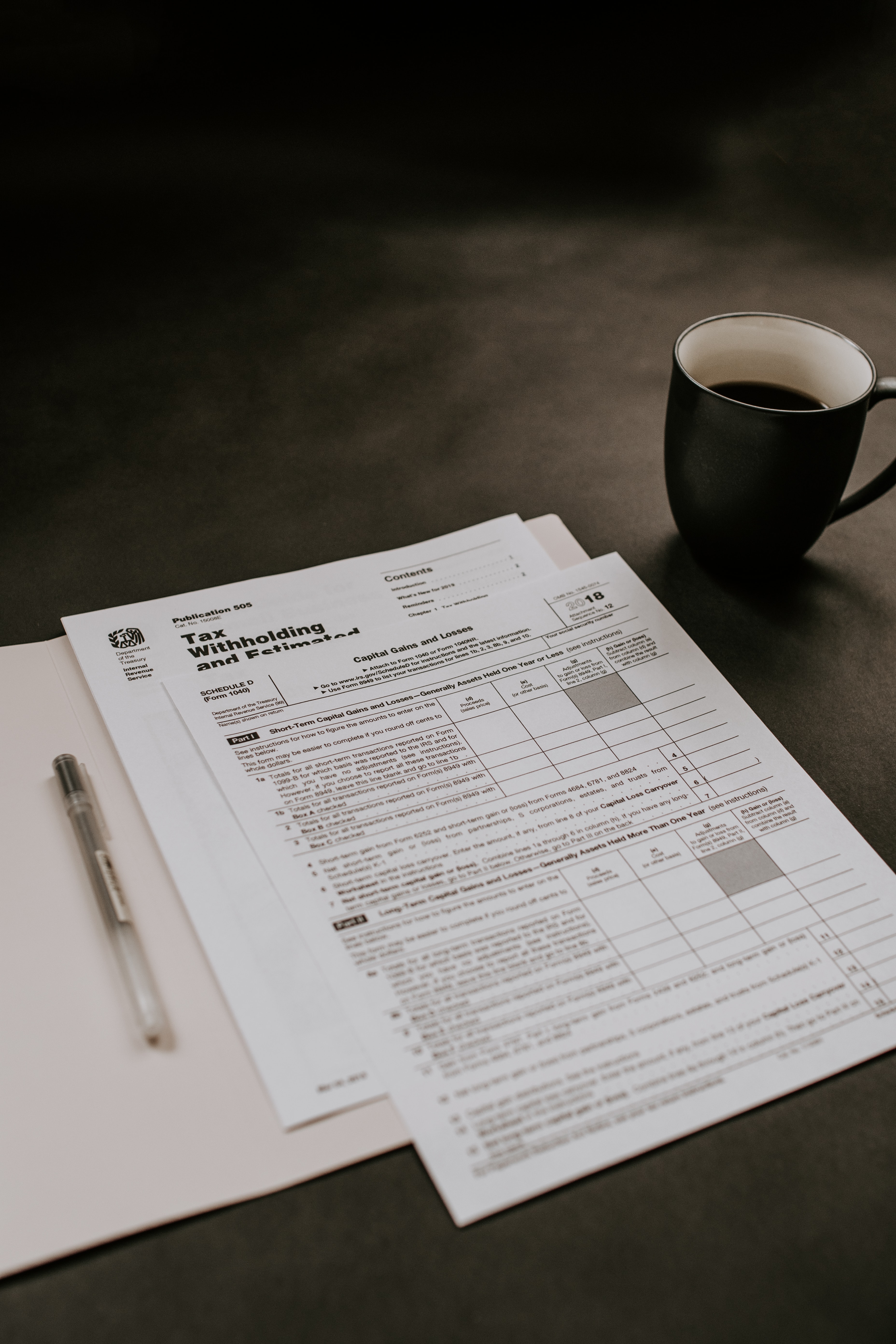January 19, 2021
What Writers Should Know About Taxes
by L.D. Barnes
 Two things we can all be sure of are death and taxes. As a mystery writer, I deal with stories of death and as a tax preparer I deal with the intricacies of taxes. I prefer working on the former, but let’s talk here about the latter, since it’s that time of year.
Two things we can all be sure of are death and taxes. As a mystery writer, I deal with stories of death and as a tax preparer I deal with the intricacies of taxes. I prefer working on the former, but let’s talk here about the latter, since it’s that time of year.
Two years ago, the IRS dramatically changed the rules by increasing the standard deductions for everyone. It was doubled. Individuals went from $6,500 to $13,500, married couples leaped from $7,500 to $24,000 which essentially eliminated the ability to “write it off on your taxes”, unless you could exceed those two amounts in itemized expenses.
So, what can writers do with the expenses we incur in our businesses as freelance writers, editors, consultants, performers or other artistic efforts?
Often, if you have another job, you may have been blending this income in with your wages and not slipping into a higher tax bracket. However, with the changes mentioned above, you may need to change your strategy.
My first recommendation for untaxed income is to hold back 35% of what you earn from every job to pay tax on those independent earnings. Depending upon your situation and the bracket you end up in, you may owe less than 35%, but as that is the highest bracket it should cover you. Using this method, you will likely be sending Uncle Sam a check at tax time. To avoid this, you can make estimated quarterly payments to the IRS during the year, but you will have to keep track of what amount you have sent in.
Second, under IRS regulations, you can report your writing as a business and include it on your individual taxes. This does not mean you need to become an LLC, file for a business license from the state or go to a lawyer to become a sole proprietor. These things are only needed if your subject matter leaves you open to lawsuits.
The IRS allows you to file as a small business by using their Schedule C, Profit and Loss from a Small Business, on your individual taxes. This permits you to deduct from the writing income the things that you spent money on such as promotional materials not paid for by your publisher, postage to send out comps, office supplies and equipment, website fees and other expenses.
While this form is not complex, the rules about what is deductible can be a bit daunting. For instance, when you buy clothing for readings, appearances or performances, if it can be worn for other occasions, it is not deductible. But if your garment has the logo of your book or the publishing house, it can be taken as advertisement. If you use your computer, phone and internet for the business, but you also use it for personal things, only the percentage used for your writing is allowed. Home office space needs to be dedicated strictly to writing, so that new couch you bought during the pandemic isn’t applicable, but the Zoom light, internet microphone and headset probably qualify.
If you do not feel comfortable doing this, then you need a tax professional. Ask other writers to give you a reference. If you cannot get a recommendation, when you go to the tax preparation office tell them that you have a special circumstance, that you are a working artist. Then ask for the preparer who has done the most small business clients or other artists, to be sure you are given to someone who understands this type of situation and who won’t miss things that legitimately could be used to your benefit.
Another tip for this year’s taxes, IRS is allowing a $300.00 charity deduction for everyone who has contributed this year. If you gave books, clothing or food for COVID relief, or made donations to organizations doing this work, do not forget to deduct those items.
Hopefully, with 2020 in our rearview mirror, we will all be able to move into this new year with hope, health inspiration and prosperity.

L. D. Barnes is a lifelong Chicagoan, member of FLOW (For Love of Writing), Longwood Writers Guild, Mystery Writers of America and Crime Writers of Color. Her first novel, The 107th Street Murder is being followed by another south side Chicago Street Murder soon.
Affiliates/Partners
Testimonials
Contact
Join CWA
Member Directory
My Account
Writers Conference
Presenters
Agents and Publishers
Pitch Sessions
Sponsors
Scholarships
Speaker Registration
Book of the Year
Spirit Award
First Chapter Contest
Resources
Home
Chicago Writers Association
info@chicagowrites.org
Make a Difference!

